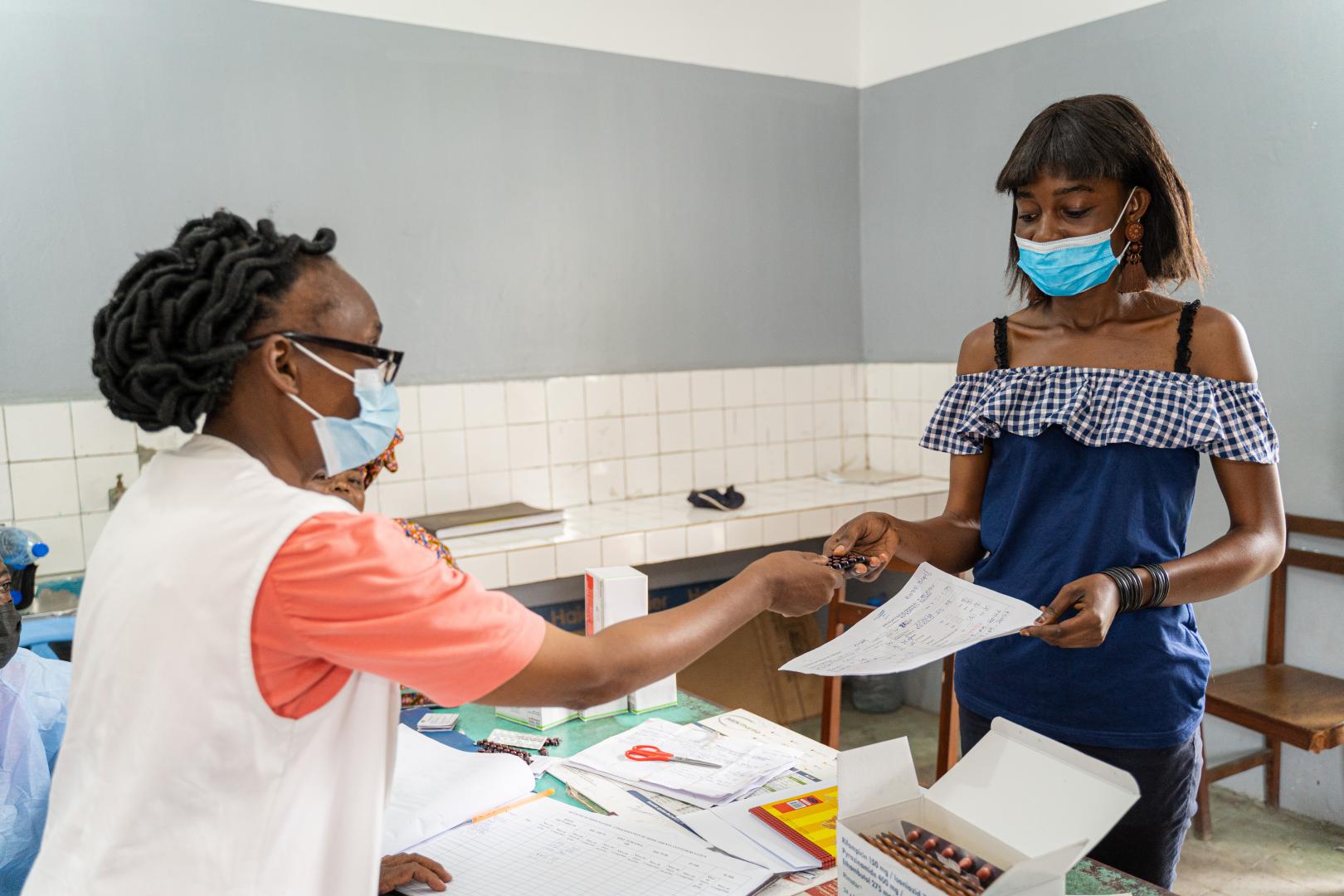Botswana records a 20% decline in TB cases according to an assessment by the World Health Organization, which read “Inadequate investment and funding for tuberculosis (TB) control in Africa is jeopardizing the efforts to meet the global target of ending the disease by 2030, while the COVID-19 pandemic threatens to roll back progress made so far in the continent, an assessment by World Health Organization (WHO) finds.
Every year the African region requires at least US$ 1.3 billion for TB prevention and treatment. However, countries contribute 22% of the needed budget while external funding accounts for 34%. The rest of the budget remains unfunded, seriously undermining the efforts to eliminate the disease. This year, World TB Day is being marked under the theme “Invest to end TB. Save Lives.”
Underfunding for TB programmes has a significant impact on disease detection, for example. Out of an estimated 2.5 million TB cases in 2020 in Africa, only 1.4 million were detected and put on treatment. On average, 56% of cases were detected and enrolled on treatment between 2015 and 2020.
The COVID-19 pandemic has also slowed progress against TB. Globally, deaths from TB rose for the first time in a decade. Africa reported 549 000 deaths in 2020, an increase of around 2000 over 2019. The number of newly detected TB cases also fell in high burden African countries due to disruptions by the COVID-19 pandemic on health services. Gabon reported the steepest decline, with the number of newly detected cases falling by 80% in 2020 from the year before. Botswana reported a 20% decline and Lesotho 35%.
Additionally, 28% fewer patients with drug-resistant TB were detected in Africa in 2020 compared with the previous year. In South Africa, which detects the largest number of drug-resistant TB cases in the continent, 48% fewer people with the drug-resistant strain were detected in 2020 compared with 2019.
Africa has so far made good progress against tuberculosis and we cannot afford to lose focus on what is needed to ease the burden and save lives
“Tuberculosis is preventable and treatable, and millions of lives have been saved. We must end the chronic underinvestment that keeps the tuberculosis burden high, leaves a huge number of cases undetected and undermines prevention and treatment,” said Dr Matshidiso Moeti, WHO Regional Director for Africa. “Africa has so far made good progress against tuberculosis and we cannot afford to lose focus on what is needed to ease the burden and save lives.”
The African region is home to 17 of the 30 high-burden TB countries globally. The estimated 2.5 million cases in the region in 2020 accounted for a quarter of the global burden, with more than half a million African lives sadly lost to this curable and preventable disease.
However, African countries have made progress against TB. South Africa, for example, has steadily increased domestic funding to fight tuberculosis, allocating 81% of the financial resources, while Zambia has increased its domestic funding seven-fold since 2015.
Under the WHO End TB Strategy, countries should aim to reduce TB cases by 80% and cut deaths by 90% by 2030 compared with 2015. The strategy also sets key milestones that countries should cross by 2020 and 2025 if they are to end the disease.
The 2025 milestone seeks a 50% reduction in cases and a 75% decline in deaths. TB cases should drop by 10% every year to meet the 2025 target, yet the current rate of decline in cases stands at 2%. From 2025 to 2030 countries should reduce cases by 17% every year.
The End TB Strategy also includes a key target that seeks to reduce the catastrophic cost of tuberculosis treatment can have on families. However, a WHO survey on the cost of tuberculosis treatment in 10 Africa countries showed that 49% of TB-affected households experienced catastrophic costs. No country in Africa has yet demonstrated that it has met the target that no TB-affected households face catastrophic costs.
“The road to ending tuberculosis is likely to get long and hard as key milestones risk being missed. Countries must scale up and speed up the response and stay committed to alleviating the suffering and death caused to millions of people due to tuberculosis,” Dr Moeti said.










